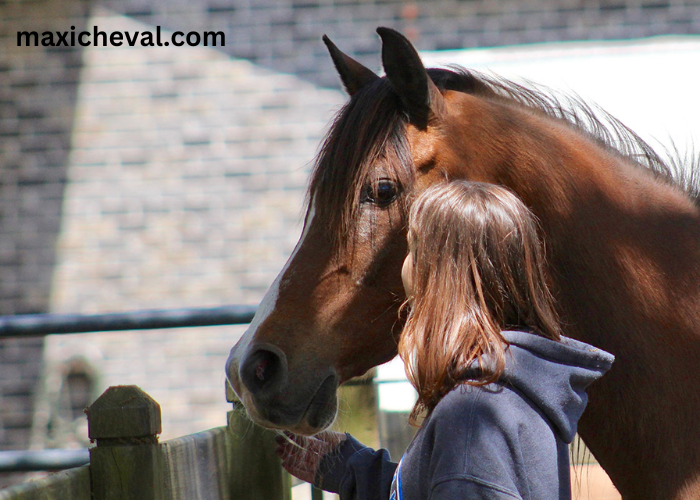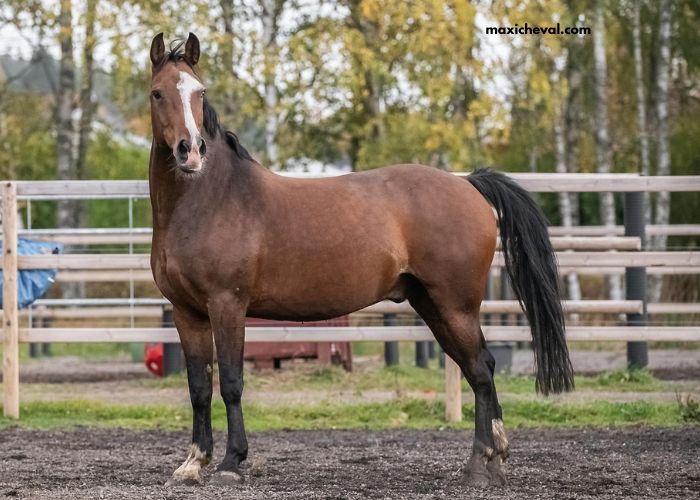Horses have been companions to humans for thousands of years, serving as loyal partners in work, sport, and leisure. Their grace, strength, and intelligence have made them a subject of admiration and fascination. To truly appreciate these magnificent animals, it is essential to understand their behavior and provide proper care. This article delves into the intricacies of equine behavior and offers guidance on how to care for these majestic creatures. Discover the latest news, tips, and information about horse racing in France on FranceChevalTurf. Stay updated on races, results, and more.
Understanding Equine Behavior
Social Structure and Communication
Horses are highly social animals that thrive in a herd environment. In the wild, their survival depends on strong social bonds and a clear hierarchy. Understanding their natural social structure can help in managing domestic horses more effectively.
- Herd Dynamics: In a herd, horses establish a pecking order, with a dominant leader (often a mare) and subordinates. This hierarchy is maintained through body language and subtle cues rather than aggressive behavior.
- Communication: Horses communicate through a variety of means including vocalizations (whinnies, neighs), ear positions, tail movements, and body postures. For instance, pinned ears can indicate anger or discomfort, while a relaxed tail signifies contentment.
Behavioral Traits
Recognizing common equine behaviors can help owners and caretakers provide better care and address any issues promptly.
- Grazing: Horses are natural grazers, spending up to 16 hours a day eating small amounts of forage. This behavior supports their digestive health and prevents boredom.
- Flight Response: As prey animals, horses have a strong flight instinct. Sudden movements or unfamiliar objects can trigger this response, making it crucial for handlers to remain calm and confident.
- Play: Horses engage in playful activities, especially young foals. Play behavior helps them develop social skills and physical abilities.
Proper Care for Horses
Providing proper care for horses involves meeting their physical, emotional, and social needs. This includes appropriate feeding, housing, grooming, and healthcare.
Nutrition
A balanced diet is essential for a horse’s health and well-being.
- Forage: The foundation of a horse’s diet is high-quality forage, such as hay or pasture. Forage should be available throughout the day to mimic natural grazing patterns.
- Concentrates: Depending on their activity level and nutritional needs, some horses may require additional concentrates like grains or commercial feeds. These should be fed in moderation to prevent digestive issues.
- Water: Horses need access to clean, fresh water at all times. Hydration is crucial for their overall health and bodily functions.
Housing and Environment
Creating a safe and comfortable environment is vital for a horse’s physical and mental well-being.
- Shelter: Horses need shelter from extreme weather conditions, such as heat, cold, and rain. This can be provided through stables, run-in sheds, or natural shade.
- Space: Ample space for movement is important for a horse’s physical health. Paddocks or pastures should be large enough to allow for regular exercise and play.
- Social Interaction: Horses should not be kept in isolation. Social interaction with other horses is essential for their mental health and can prevent behavioral problems.
Grooming and Healthcare
Regular grooming and healthcare are key components of horse care.
- Grooming: Grooming helps maintain a horse’s coat, skin, and hooves. Daily grooming sessions also strengthen the bond between horse and handler.
- Hoof Care: Regular hoof trimming by a farrier is necessary to prevent overgrowth and related issues. Horseshoes may be required for certain activities or terrains.
- Veterinary Care: Routine veterinary check-ups, vaccinations, and dental care are crucial for preventing and treating health issues. Early detection and treatment of illnesses can significantly improve a horse’s quality of life.
Conclusion
Understanding equine behavior and providing proper care are fundamental to maintaining the health and happiness of horses. By respecting their social nature, ensuring their nutritional needs are met, and offering a safe and stimulating environment, we can build strong, trusting relationships with these majestic animals. In return, horses offer unparalleled companionship, beauty, and grace, enriching our lives in countless ways.




